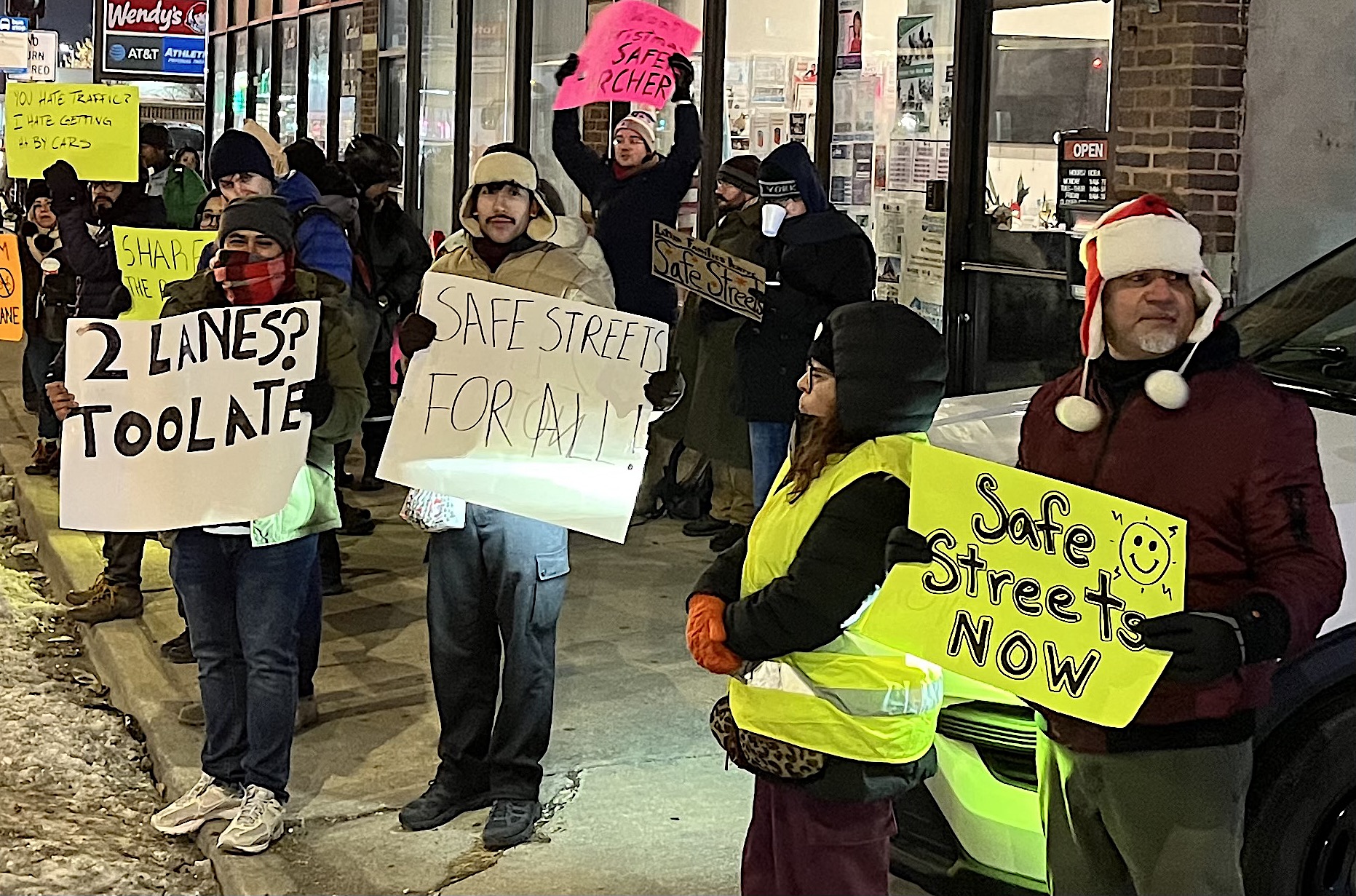If you've ever made the case that roads and parking shouldn't be subsidized, you've probably heard the counter argument that raising parking rates, gas taxes, or tolls is regressive policy that will hurt the poor. And it's true that raising the prices of those things would mean everyone, including those with low incomes, would pay more for them.
But as Bill Lindeke masterfully lays out at Network blog Streets.mn today, ending car subsidies still leads to more equitable development than perpetuating them:
It’s a perverse paradox where the automobile’d sprawling American landscape is justified because it helps the poor. For example, you’ll see the pro-sprawl lobby use housing costs to justify limitless development, or gentrification activists argue that transit or bicycling investments are bad because they increase property values, hurting the poor.
What this argument is missing is how the current system is regressive. The present structure of subsidizing driving, parking, and boundless urban development harms the ‘inner city’ through freeway and road expansions. It benefits the wealthy far more than the working or middle classes.
Next time you’re on the city bus, look around and think about who is riding with you. The vast majority of transit users are poor people. Meanwhile everyone pays for freeways and parking and the mortgage interest tax deduction, whether they use them or not. The current system of subsidies is not a progressive force of social justice. Free and easy motoring increases social and spatial inequality at the expense of more egalitarian urban fabric.
In fact, I’d argue that the opposite has occurred. We’ve demolished affordable housing to make room for freeways and parking garages. We’ve eroded government services through municipal fragmentation, civic tax shelters, and fostered spatial segregation. We’ve abandoned our transit systems, relegating them to the margins. We’ve refused to accommodate transportation alternatives in ways that foster deep inequalities.
When it comes to subsidizing car travel, in my opinion, James Howard Kunstler in the "The Geography of Nowhere" offers the equity-argument-to-end-all-equity-arguments:
In almost all communities designed since 1950, it is a practical impossibility to go about the ordinary business of living without a car. This at once disables children under the legal driving age, some elderly people, and those who cannot afford the several thousand dollars a year that it costs to keep a car, including monthly payments, insurance, gas and repairs. This produces two separate classes of citizens: those who can fully use their everyday environment, and those who cannot.
Elsewhere on the Network today: Riding in Riverside pens an open letter to AAA, withdrawing his business because of the organization's anti-urban policies. Mobilizing the Region profiles the city of Hoboken's innovative new model for bike-sharing. And Walkable Dallas-Fort Worth points out that the costs of congestion pale in comparison to the cost of car ownership, which, like Kunstler said, is often coerced through public policy.





